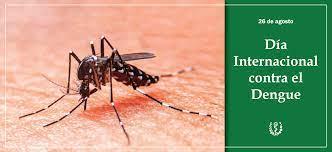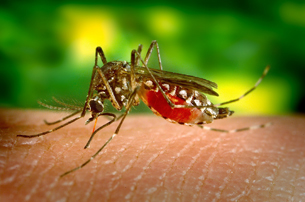

On August 26, the International Day Against Dengue is celebrated worldwide, a disease that is transmitted by the bite of infected mosquitoes, and that is not transmitted between people.
What is dengue and its symptoms?
It is an acute infection caused by a virus that can affect any age group. There are four varieties of dengue, with hemorrhagic dengue being the most serious. It is possible for the same person to develop the disease four times, each time due to a different strain of the virus.
Dengue causes flu-like symptoms such as fever, muscle aches, headache, chills, nausea and vomiting. Sometimes it can evolve into a life-threatening condition, called hemorrhagic or severe dengue.
It is a widespread disease in tropical areas of the planet. Lately, it has developed increasingly in urban areas, becoming a serious public health problem, along with Zika and Chikungunya.
Currently, more than half of the world's population is at risk of contracting the disease. Every year there are more than 390 million cases in the world, of which 500,000 correspond to the most serious variety, hemorrhagic dengue, which causes some 25,000 deaths.
Font:https://www.diainternacionalde.com/ficha/dia-internacional-contra-dengue

Leave your comment